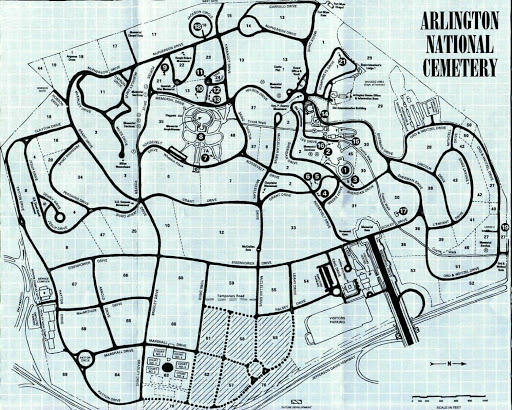John F. Kennedy
Cemetery Information:
Final Resting Place:
Arlington National Cemetery
1 Memorial Avenue
Arlington, Virginia, 22211
USA
North America
Map:

Grave Location:
Section 45, Grave S-45Grave Location Description
The tomb and memorial to President John Fitzgerald Kennedy is located in lot 45, Section 30 of Arlington National Cemetery (ANC). It is a 10 minute walk from the Visitor Center and a 15 minute walk from the Arlington Cemetery Metro Station. You will not be able to drive to gravesite. Walking is how the majority of visitors reach it. However, the site is one of 3 stops on the trams the ply the cemetery. Tickets for the trams can be purchased inside of the Visitor Center. Please note that you will be walking up a slight incline to reach the site. The site is wheelchair accessible. At the gravesite, absolute silence is expected. Men are also expected to take off hats.








